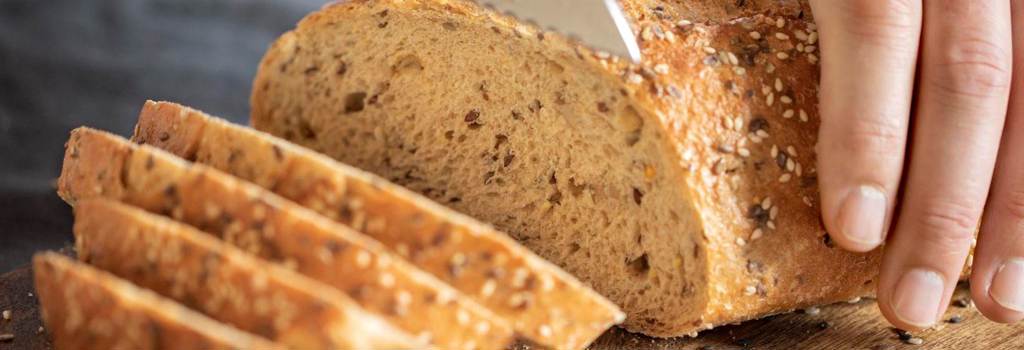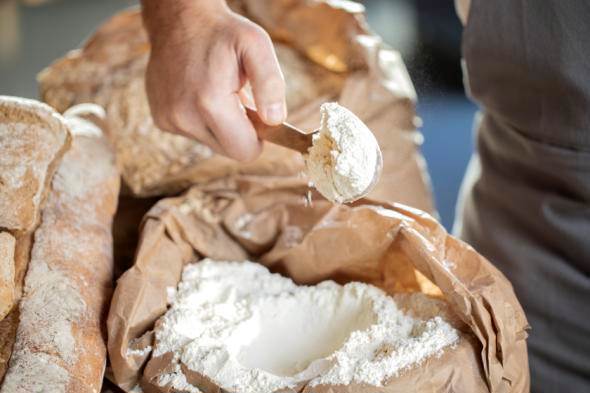Trends & Insights
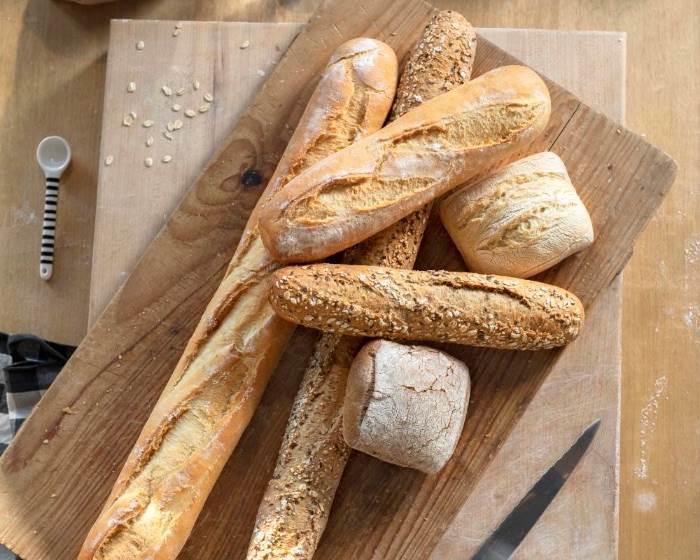
Highlights from our latest research:
- At breakfast, more and more consumers are looking for healthy premium bread that’s natural and wholesome. Full of fibres, grains and with seeds on top, so it keeps their family full until lunch.
- Weekend mornings are opportunities for rustic and indulgent handcrafted bread
- At special dinners with friends and family, premium bread gives your customers that extra chance to show off and complete their meal with top-quality healthy bread, full of flavour.
Create your own varieties and more revenue. Discover RAW DOUGH.
Aiming for the best possible range? Our range is continuously being adapted to your demands!
Discover the new possibilities and opportunities of making and baking your own bread varieties – with a little help from the best raw dough around. Handcrafted from pure quality ingredients that enable you to distinguish yourself easily from your competitors. By empowering your staff and benefiting from their creativity in creating different shapes, sizes, cuttings and toppings.
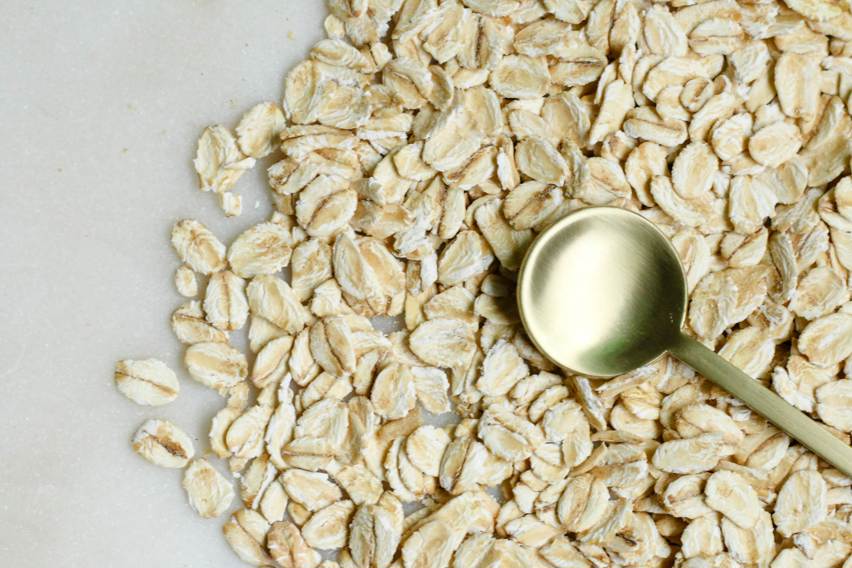
Oatstanding for taste and health
Oats are our youngest type of cereal and originated in southern Europe. Oats started to be grown in the Nordic region on a larger scale in the 18th Century.
Oat bread has been among people’s favorite breads in recent years. And no wonder – oat bread not only tastes great, but it also has many good health effects. The mild, nutty taste of oats delights many consumers, who are looking for something extra.
Eating oat bread is an easy and delicious way to do good for your body. Most oat ingredients are wholegrains, such as oat flakes. Thanks to fiber, oats are especially good for the well-being of the stomach and gut. In addition, oats contain vitamins and a wide range of important minerals
The carbohydrates in the fiber are absorbed slowly, which also causes the blood sugar to rise and lower more evenly. Soluble fiber in oats also helps control cholesterol by preventing the absorption of cholesterol in food..
If you suffer from sensitive stomach (Irritable Bowel Syndrome), oats are usually well tolerated. Oats are the only grain that is naturally gluten free.
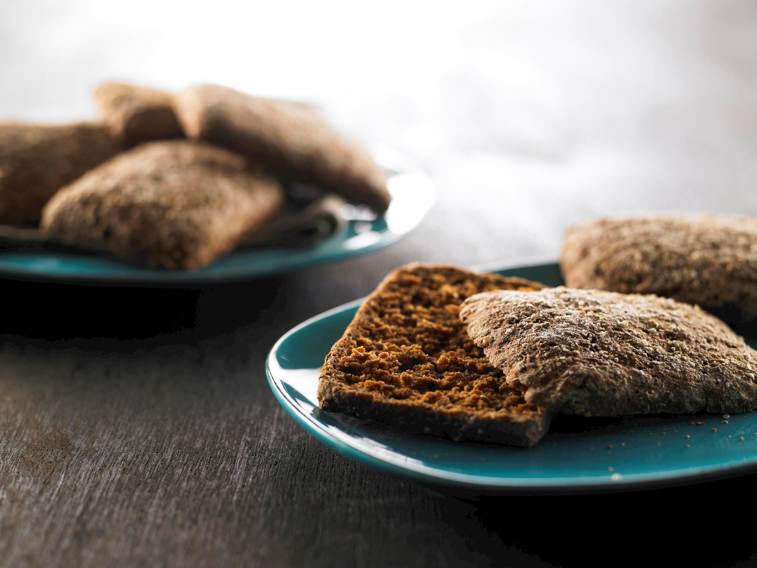
Rye – earthy flavor, rich in fibre
In the Nordic region, rye has been cultivated for over 1,000 years. Rye withstood the cold and was sown in the autumn, which meant it was well suited to the rugged soil, cold and dry spring of the North. Rye was an important crop for the working population and a crucial part of the basic diet in those days. Rye was considered a symbol of power in Nordic folklore, and rye bread represented already at that time a healthy, high-fiber and varied food in a delicious form.
Rye is the most fibrous cereal product. Fiber improves stomach function. All rye products give you a superior sense of fullness throughout the day compared to regular white bread. The fiber slows down the emptying of the stomach and thus increases the feeling of satiety and facilitates weight management. Slowly absorbed, fibrous carbohydrates keep blood sugar steady for a long time. In the gut, fiber facilitates the movement of food mass, prevents constipation, and benefits the bacterial population in the gut. In addition, it binds some harmful compounds.
Rye has been shown to reduce the risk of cardiovascular disease. Fiber lowers blood cholesterol levels by preventing the absorption of cholesterol from food. Rye bread also has positive effects on insulin metabolism, preventing the development of type 2 diabetes.
Typically, two slices of whole grain rye bread contain about 6g fibre, which is already a fourth of the minimum recommended daily intake of fibre (25-35g). It is also a full package of many minerals & vitamins.
